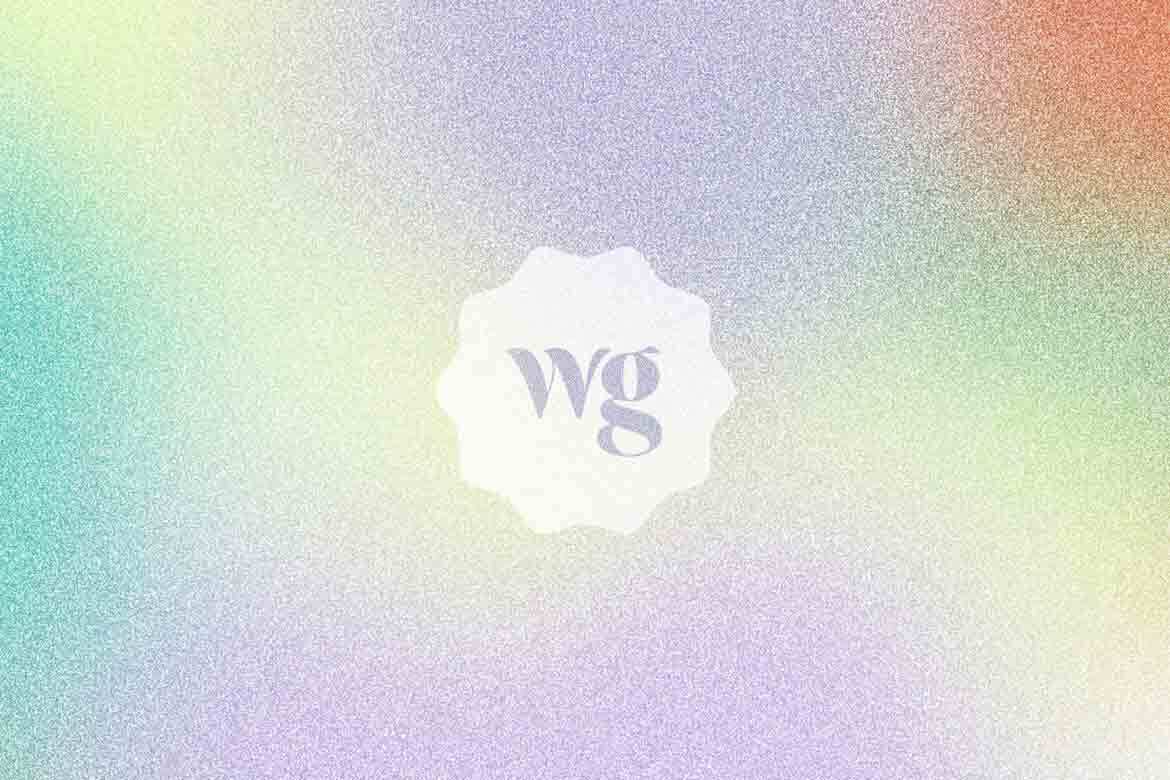How Google could become the first step in diagnosing depression
A new collaboration between Google and the National Alliance of Mental Illness allows users to take a test for depression—on their phones.

As tempting as it can be to self-diagnose that bump on your leg by turning to Google, you should really refrain. No need to find yourself five pages deep in the “Do I have leg cancer?” rabbit hole or—more dangerously—treat an ailment you don’t have.
But when it comes to mental health, Google is stepping up its resource game. The search engine has partnered with the National Alliance on Mental Illness (NAMI) to offer users a tool to better understand whether or not they may be experiencing depression.
It’s a huge step forward in our current age of mental health authenticity (with the shame-free movement led by a number of fierce, famous women like Selena Gomez and Kristen Bell).
Starting today, when you search the term “clinical depression” on your mobile device, you’ll see an option to take the PHQ-9, a clinically validated screening questionnaire for depression—a huge step forward in our current age of mental health authenticity (with the shame-free movement led by a number of fierce, famous women like Selena Gomez and Kristen Bell).
So, how do you take the test? You’ll see the option under the knowledge panel (“Check if you’re clinically depressed”). This private assessment can help identify your level of depression, which can inform conversations you have with your doctor.

However, the test should not act as a stand-in for IRL evaluation and treatment. Instead, depending on what the test finds, it may prompt you to seek an in-person evaluation.
“While this tool can help, it’s important to note that PHQ-9 is not meant to act as a singular tool for diagnosis,” writes Mary Giliberti, CEO of NAMI. The hope is “by making this information available on Google, more people will become aware of depression and seek treatment to recover and improve their quality of life.”
So now, if you feel like asking Google about depression, rest (more assured) that you’ll land a legitimate answer.
If you’re suffering from depression, science says this is the one workout that may help. And some therapists are recommending rock-climbing treatment.
Sign Up for Our Daily Newsletter
Get all the latest in wellness, trends, food, fitness, beauty, and more delivered right to your inbox.
Got it, you've been added to our email list.










